Highlights
92 highlights shown
Highlights
Region
Destination
-
Show all
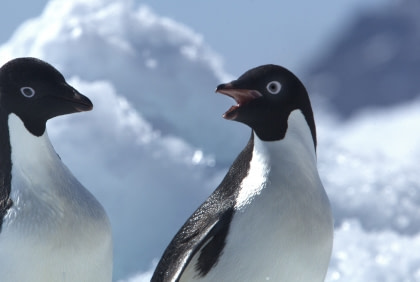
Adelie Penguin
Wildlife
These gallant-fighting, deep-diving namesakes of the French-claimed Antarctic Adélie Land are among the four penguin species on mainland Antarctica
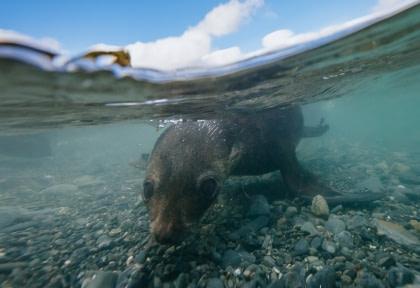
Antarctic Fur Seal
Wildlife
Once hunted nearly into extinction, these pointy-eared polar swimmers are the comeback queens and kings of the Antarctic
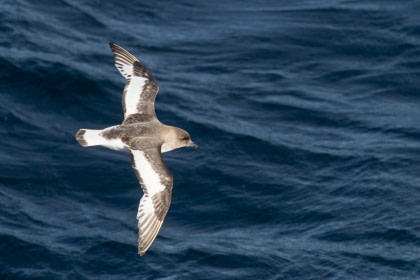
Antarctic Petrel
Wildlife
These feathered fish-eaters are among the planet's most southerly nesting birds, the "petrel" of their name deriving from Saint Peter for their seeming ability to walk on water
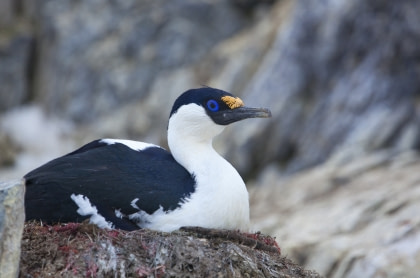
Antarctic Shag
Wildlife
The only Antarctic bird to keep a year-round nest as long as the ice holds off, these neighbor-robbing homebodies are a welcome sight for sailors in search of land
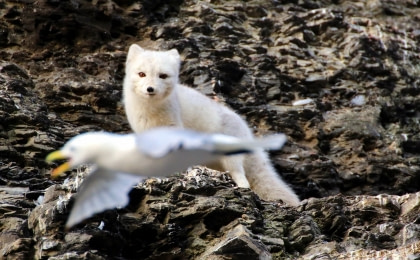
Arctic Fox
Wildlife
Small but sturdy, these members of the canidae family can withstand some of Earth's coldest temperatures
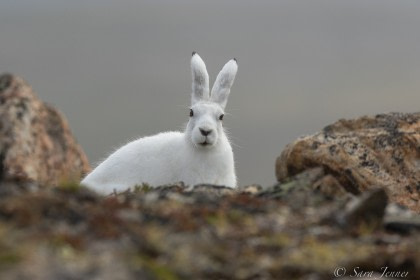
Arctic Hare
Wildlife
They can run like the wind, see everything around them without turning their heads, and sometimes eat animals instead of leaves – all while looking this cute
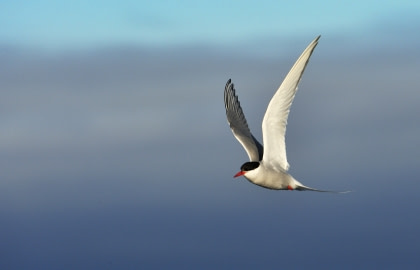
Arctic Tern
Wildlife
Among the most nomadic birds on the planet, these sun-loving tourists summer twice a year during their ambitious routes
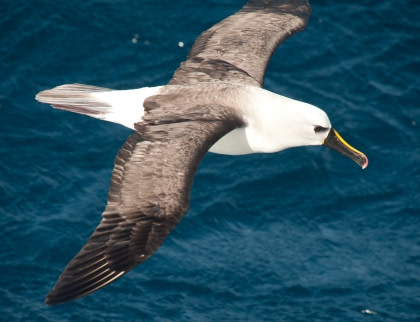
Atlantic Yellow-Nosed Albatross
Wildlife
These so-called "foolish gulls" aren't so very foolish, capable of gliding for miles without a single flap of their wings
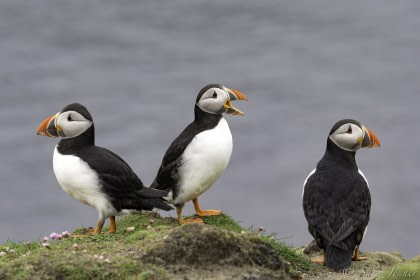
Atlantic puffin
Wildlife
These horn-beaked auklets have nicknames both jocular and solemn: "sea clowns" for their facial hues, "little brothers of the north" for the monk-like tones of their plumage
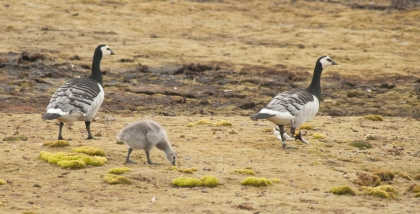
Barnacle Goose
Wildlife
Vanishing from Western Europe in the summer, these long-necked locals earned the medieval reputation for being borne of barnacles
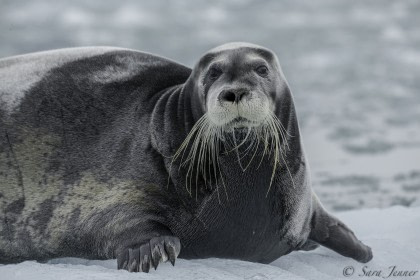
Bearded Seal
Wildlife
The largest of their kind to take up in the Arctic, these loud-singing sopranos sport whiskers so long they were named after them
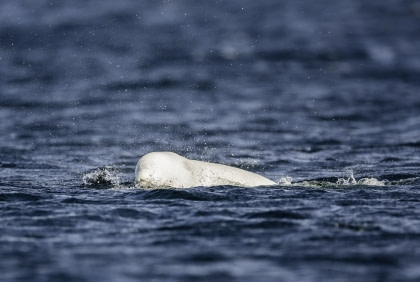
Beluga Whale
Wildlife
The good-natured grin of these dolphin relatives is matched only by their high-frequency sounds, from which they derive the nickname "sea canaries"
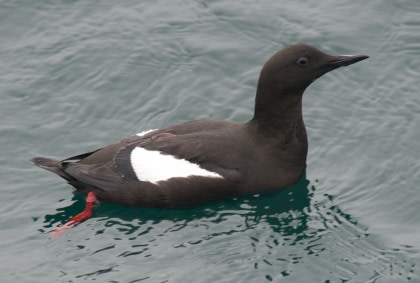
Black Guillemot
Wildlife
These distinguished puffin relatives have a keen eye for decorum, matching their feathers to the landscape and holding fish in their beaks
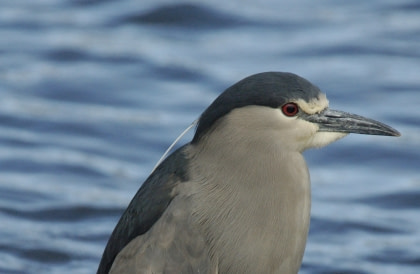
Black-Crowned Night Heron
Wildlife
The warmth of their nesting instinct belies the darkness of their name, though that doesn't keep these night hunters from feeding during hours competition is at a low
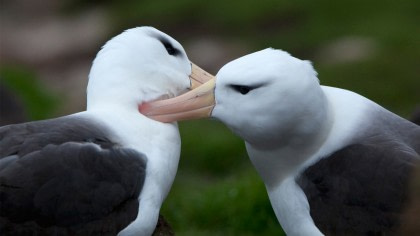
Black-browed Albatross
Wildlife
So efficient in the air that their in-flight heart rate barely rises above resting, these sub-Antarctic birds pack a stomach full of oil they can spit at would-be attackers
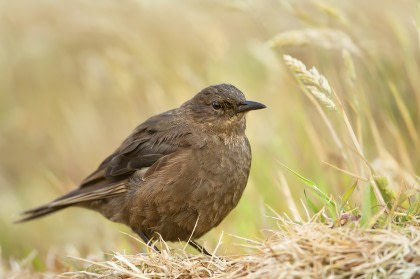
Blackish Cinclodes
Wildlife
Small and unassuming, these diminuitive birds are inquisitive, daring and a common sight on the Falkland Islands
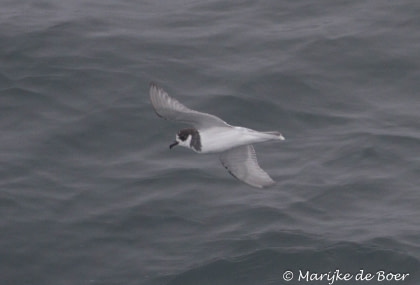
Blue Petrel
Wildlife
Spending all but the breeding season out to sea, these sole claimants of the genus Halobaena dash across the water to gain speed before liftoff
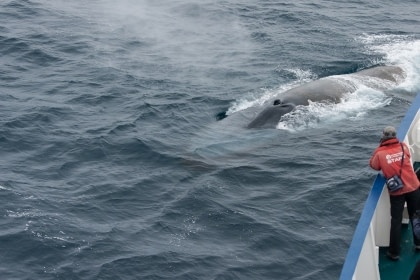
Blue Whale
Wildlife
The largest-known creatures the Earth has ever produced have lifespans comparable to ours, though not hearts: Theirs can outweigh most vehicles
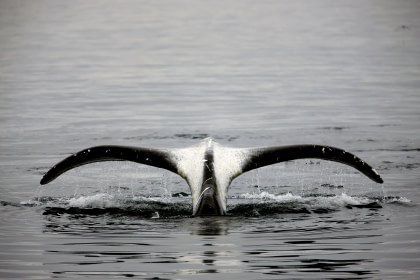
Bowhead Whale
Wildlife
Reputed to have one of the longest lifespans of any animal on the planet, these sages of the sea also have the largest mouths – if only they could speak
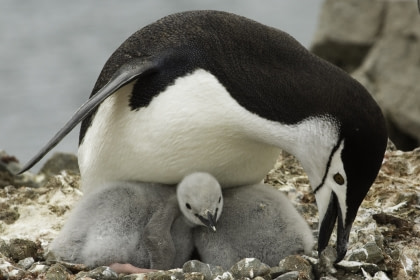
Chinstrap Penguin
Wildlife
Though armed with the "stonebreaker" nickname and a quarrelsome reputation, these gentoo relatives are fading from the Antarctic – probably due to climate change
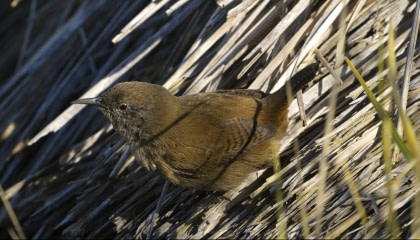
Cobb’s Wren
Wildlife
Named after the farmer and bird writer Arthur Cobb, these native Falkland birds have such a small region and population that they are prone to inbreeding
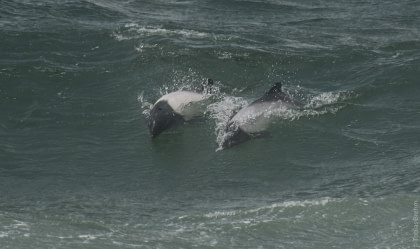
Commerson’s Dolphin
Wildlife
Named after the French naturalist who discovered them, these cetaceans are among the smallest to populate the Antarctic seas
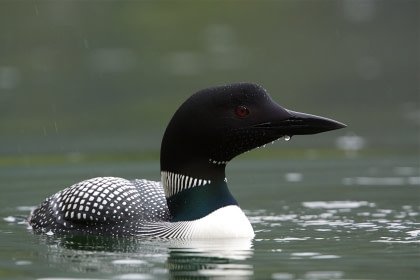
Common Loon
Wildlife
Thought to be the oldest bird species on the planet, these fiercely devoted parents have been commemorated on the Canadian dollar coin
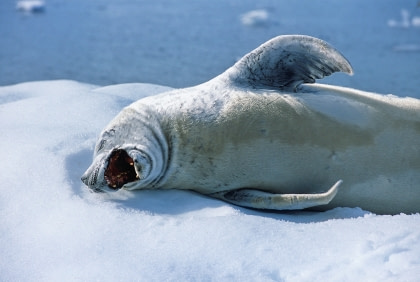
Crabeater Seal
Wildlife
They may be Earth's most abundant seal, but their teeth are far from typical and are perhaps the most precisely designed eating tool of any living carnivore
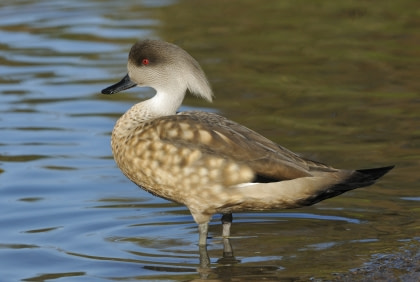
Crested Duck
Wildlife
These non-migratory mallards are highly territorial, the males' red and orange eyes brightening when breeding time has arrived
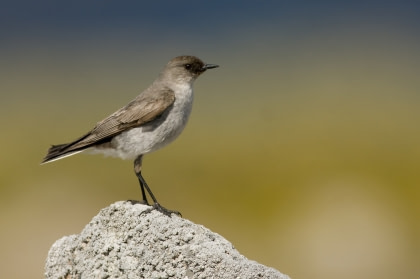
Dark-faced Ground Tyrant
Wildlife
Nicknamed “news bird” for its habit of hopping close to other birds as if to relay news, the dark-faced ground tyrant is part of the largest family of birds in the Americas
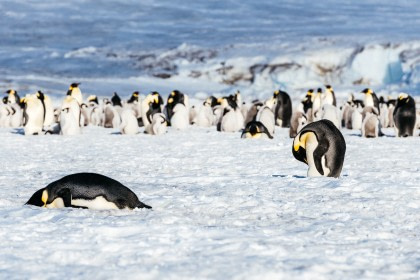
Emperor Penguin
Wildlife
The largest, deepest-diving, and least interested in nests of all the penguins, these aptly named Aptenodytes are among the most coveted wildlife attractions in the Antarctic
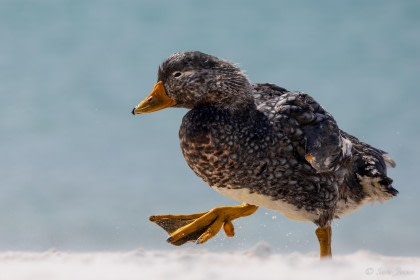
Falkland Steamer Duck
Wildlife
One of only two bird species native to the Falklands, the flightless Falkland steamer duck gets its name from the steamer-like way it flaps its legs and wings while swimming
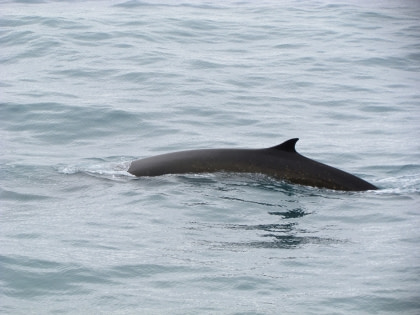
Fin Whale
Wildlife
Akin to their blue whale relatives both in size and the low frequency of their song, these "razorbacks" have asymmetrically colored faces thought to help them while hunting
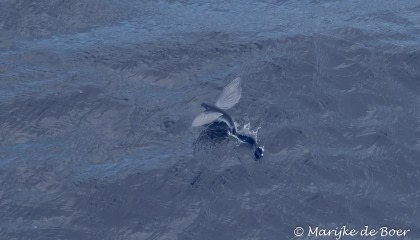
Flying Fish
Wildlife
Encounter these wonders of the ocean as they soar above the white-tipped waves below
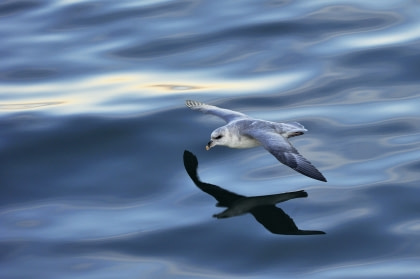
Fulmar
Wildlife
The Norse used to call them "foul ghouls" for their pungent-smelling stomach oil, but this evolutionary trait is both a defensive tactice and mid-flight energy source
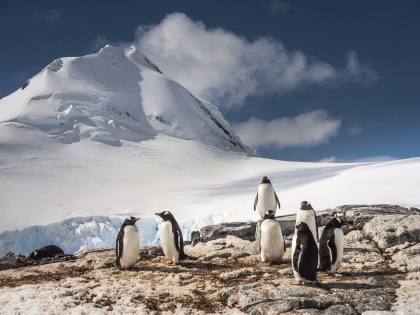
Gentoo Penguin
Wildlife
These hygienic divers are the only penguin species whose population is currently increasing along the Antarctic Peninsula
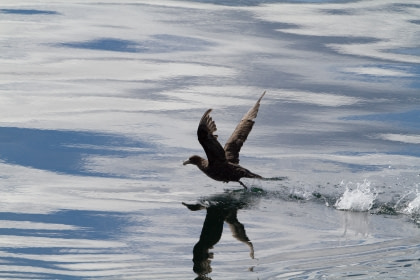
Giant Petrel
Wildlife
These Greek-dubbed "long swimmers" are the only members of the Procellariidae family with legs strong enough to walk about on land
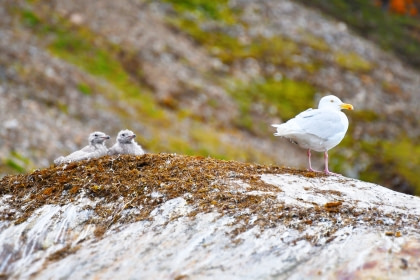
Glaucous Gull
Wildlife
Estos afilados carroñeros no sólo se cuentan entre los más grandes de su especie, sino que también son bastante peleones cuando se trata de llenar el buche
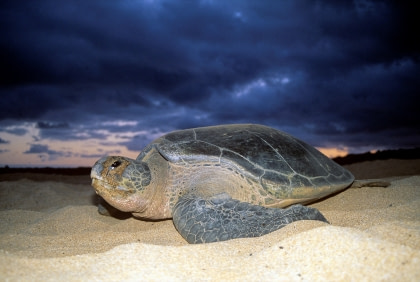
Green Turtle
Wildlife
A remnant from the days of the dinosaurs, these cold-blooded herbivores cannot retract into their shells like many other turtle species
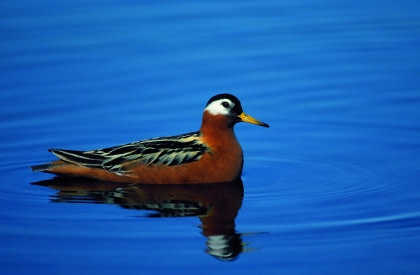
Grey Phalarope
Wildlife
A wader most of the year but an ocean resident in winter, these hygienic birds have the waste-not-want-not habit of eating lice off the backs of whales
